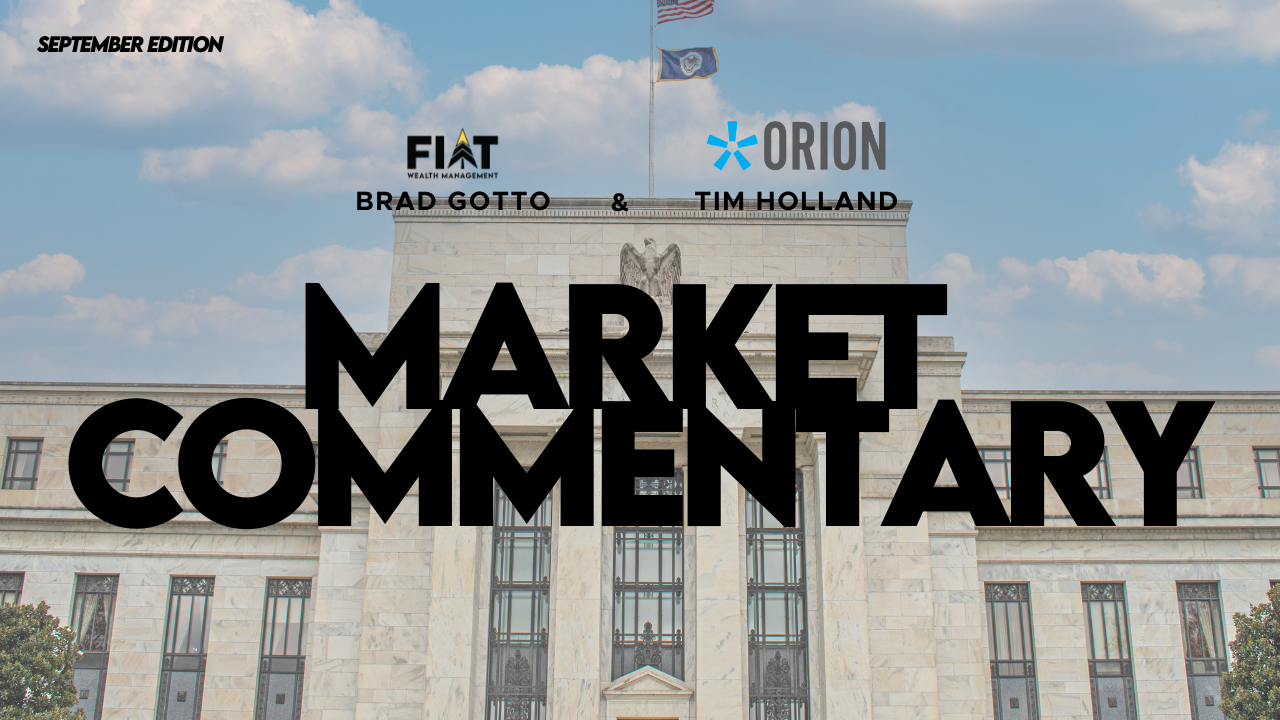Investing can be an emotional challenge especially when the market is entering into a recession. We may be entering a recession, but the current market environment poses several challenges for any investor.
Before 2022, the US was on a historic 12-year bull market that had to come to an end. As an investor, it’s important to have a plan. A plan can help prevent you from acting emotionally and making a mistake such as exiting the market at the worst possible time. Ultimately, the best investment plan is one that will help you sleep at night.
The first question an investor should ask themselves is…
- How much risk are you okay with?
- How would you define a devastating loss?
- How long is your investment horizon?
The answers to these questions should serve as the fundamental building blocks of any long-term investment strategy.
Unfortunately, most investors don’t consider the answers to these questions until they are in the middle of a bear market. Additionally, most people fail to realize that their respective risk tolerances can change…A LOT. Life happens and with it brings changes. People grow in their jobs, they get married, they start having kids, they start paying for college, they increase their annual expenses, and they eventually retire - all of these things should impact how an investor views the amount of risk that is tolerable within a plan.
"The Risk Space" and "The Non-Risk Space"
In the world of investing two fundamental spaces exist - “The Risk Space” and “The Non-Risk Space”. In this blog, we will focus on addressing the latter of the two which, for most people, is a source of comfort during times of market turmoil.

The Non-Risk Space has three institutions that operate within it: The United States Government, Banks & Insurance Companies. Each of these institutions has a different product name but fundamentally they are all the same thing. The following products are all some sort of time commitment for a guaranteed rate of return. The United States Government offers Bonds, Banks offer Certificates of Deposit, and Insurance Companies offer Fixed Annuities.
The rates on these products are mostly tied to overall interest rates. As interest rates rise, you can expect to see more attractive guaranteed rates within these three institutions. For example, as of writing this article, fixed contracts are offering 4.75% fix rates for a 5-year time commitment. This would require no market risk and would protect from all market volatility.
Market Turmoil
What is market turmoil? Market turmoil is defined as a period of a sharp decline in the stock market. It can be caused by several factors, including political unrest, economic recession, or even a natural disaster. Market turmoil can have a major impact on your portfolio, so it's important to understand how to protect your assets during these periods of uncertainty.
How to Protect Your Assets During Uncertain Times
The best way to protect your assets during uncertain times is to have a plan. A plan that is built on a solid foundation of understanding both your risk tolerance and investment horizon. Once you have these answers, you can begin to build a portfolio that meets your long-term financial goals while still allowing you to sleep at night.
This plan should be a custom fit for your specific situation as every investor's risk tolerance and investment horizon are different. However, some general principles can be applied to help you weather the storm during periods of market turmoil. Some basic things to keep in mind when developing your plan:
Diversification is key.
By investing in a variety of assets, you can minimize your risk and protect your portfolio from volatility.
Don't try to time the market.
Trying to predict when the market will go up or down is a fruitless endeavor. Instead, focus on developing a long-term plan and sticking to it.
Have cash on hand.
It's important to have some cash on hand in case you need to take advantage of buying opportunities that may arise during a market downturn. Review your plan regularly. Your risk tolerance and investment horizon may change over time, so it's important to review your plan regularly to make sure it still meets your needs.
Guard your mindset as well as your money.
Investing can be an emotional rollercoaster. Remember to stay disciplined and focused on your long-term goals. Emotional decisions can lead to costly mistakes.
As an investor, it’s important to continually review your risk tolerance and be realistic about just how much pain you are willing to endure. Doing so will ensure that you will prevent yourself from acting emotionally during the worst time (selling and tapping out when markets are low) and will ensure you participate in the eventual market recovery. When was the last time you reviewed your risk tolerance? Now may be the best time.
If you are looking to start investing during this current season, check out our blog for different investment options!
This page is a publication of Fiat Wealth Management, LLC. The firm is registered as an investment adviser and only conducts business in states where it is properly registered/notice filed or is excluded from registration requirements. Registration is not an endorsement of the firm by securities regulators and does not mean the adviser has achieved a specific level of skill or ability.
The information presented is believed to be current. It should not be viewed as personalized investment advice. All expressions of opinion reflect the judgment of the authors on the date of publication and may change in response to market conditions. You should consult with a professional advisor before implementing any strategies discussed. Content should not be viewed as an offer to buy or sell any of the securities mentioned or as legal or tax advice. You should always consult an attorney or tax professional regarding your specific legal or tax situation.













.png)